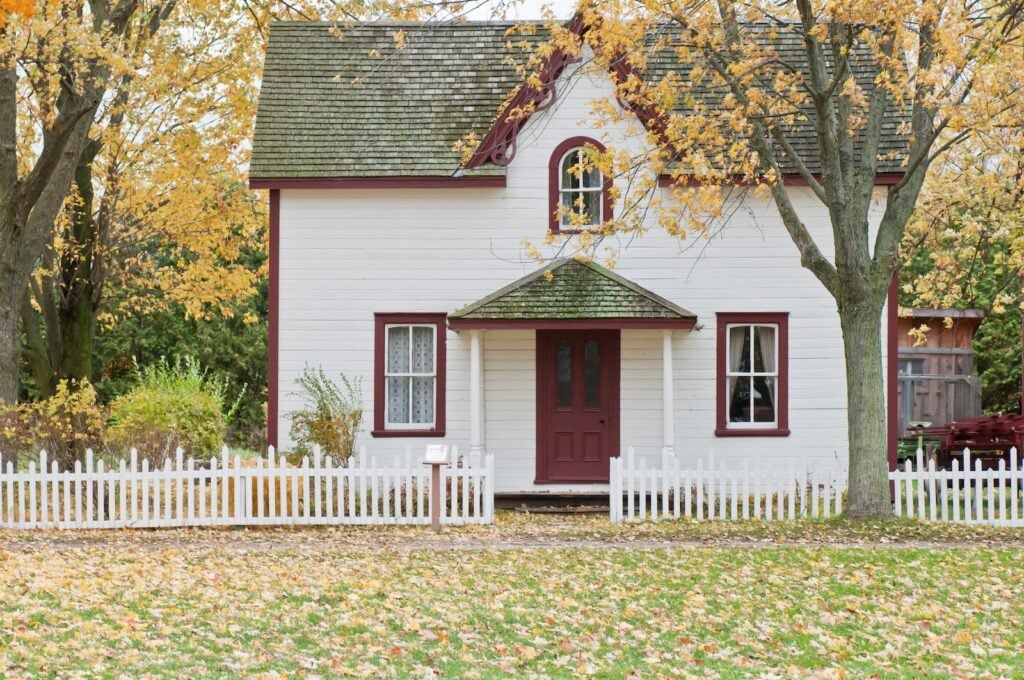The address you declare is not just an administrative detail. In law, your location determines which court can try you, where you will receive your legal notices, and how your rights will be defended. A mistake in these matters can jeopardise an entire procedure.
Legal definitions: distinct concepts
Domicile: a legal connection
Domicile is a legal link between a person and a place. Article 102 of the Civil Code defines it as "the place where a person's principal establishment is located". This concept can sometimes be fictitious - you may be domiciled somewhere without actually living there.
The domicile is unique. This uniqueness facilitates your legal identification and enables third parties to know where you can legally be reached.
Residence: a concrete reality
Residence is the place where you actually live. It is a factual and concrete concept. Unlike a domicile, you can have several residences (principal and secondary).
The Cour de cassation defines residence as "the place where the person actually lives on a fairly stable basis, but which may not be his home".
The residence: a hybrid concept in the Code of Civil Procedure
The Code of Civil Procedure introduced the concept of "demeure", which encompasses both domicile and residence. Article 43 states: "The place where the defendant resides means: in the case of a natural person, the place where that person has his domicile or, failing that, his residence".
This concept establishes a clear hierarchy: domicile takes precedence over residence.
The practical impact of these distinctions
In legal proceedings
The territorial jurisdiction of the courts often depends on where the defendant "lives" (article 42 of the Code of Civil Procedure). If you sue someone in the wrong court, your claim may be inadmissible.
In a recent case before the Paris judicial court, a writ of summons was quashed because it had been issued at the defendant's second home, even though he was domiciled elsewhere. The cost to the plaintiff was six months of lost proceedings and additional expenses.
For notifications of acts
Service by a bailiff must be made at the right place. Article 689 of the Code of Civil Procedure states that "service is made at the place where the addressee resides". An error may result in the document being null and void.
It is also compulsory to state the exact address of the appellant in all pleadings. An appeal document without a precise statement of the appellant's domicile may be annulled if this omission causes prejudice.
In international law
In private international law, domicile often determines the applicable law or the competent court. The European Brussels I bis Regulation uses the defendant's domicile as the main criterion for international jurisdiction.
Practical situations where distinction is essential
Separated spouses
For a married couple seeking divorce, article 1070 of the Code of Civil Procedure provides that the family court with territorial jurisdiction is that "of the place where the family resides" or, if the parents live separately, "of the place of residence of the parent with whom the children habitually reside".
Undeclared changes
People who move without updating their address may be served with documents at their old address. Such service remains valid if the change has not been declared.
I've seen clients convicted without being able to defend themselves, simply because they hadn't received the summons sent to their old address.
The apparent home
Case law sometimes recognises an "apparent domicile" - a place which, in the eyes of bona fide third parties, is considered to be the real domicile. The Court of Cassation accepts that a plaintiff may summon a person to this apparent domicile if he could legitimately consider it to be the real domicile.
How to avoid the pitfalls associated with these concepts
- Always notify official bodies of any change of address.
- If you move house, remember to have your mail forwarded for at least a year.
- During legal proceedings, always check the exact address of the opposing party in official documents (land registry, commercial register, etc.).
- Don't hesitate to use personal service, which takes precedence over any home notification.
These legal nuances between domicile, residence and abode may seem subtle, but they have major implications. A misunderstanding of these concepts can compromise your chances of success in legal proceedings.
An experienced law firm will be able to navigate these concepts to ensure that your pleadings are valid and that your rights are respected.
Sources
- Civil Code, articles 102 to 111
- Code of Civil Procedure, articles 42, 43, 654 to 657, 689 et seq.
- Répertoire de procédure civile, "Domicile, demeure et résidence", Jérémy JOURDAN-MARQUES, Dalloz, January 2017
- Court of Cassation, Civil Division 2, 7 November 1994, No. 93-10.203
- Court of Cassation, Civil Division 1, 3 February 2004, No. 02-20.223
- ECHR, 14 January 2010, no. 53451/07, Popovitsi v/ Greece




